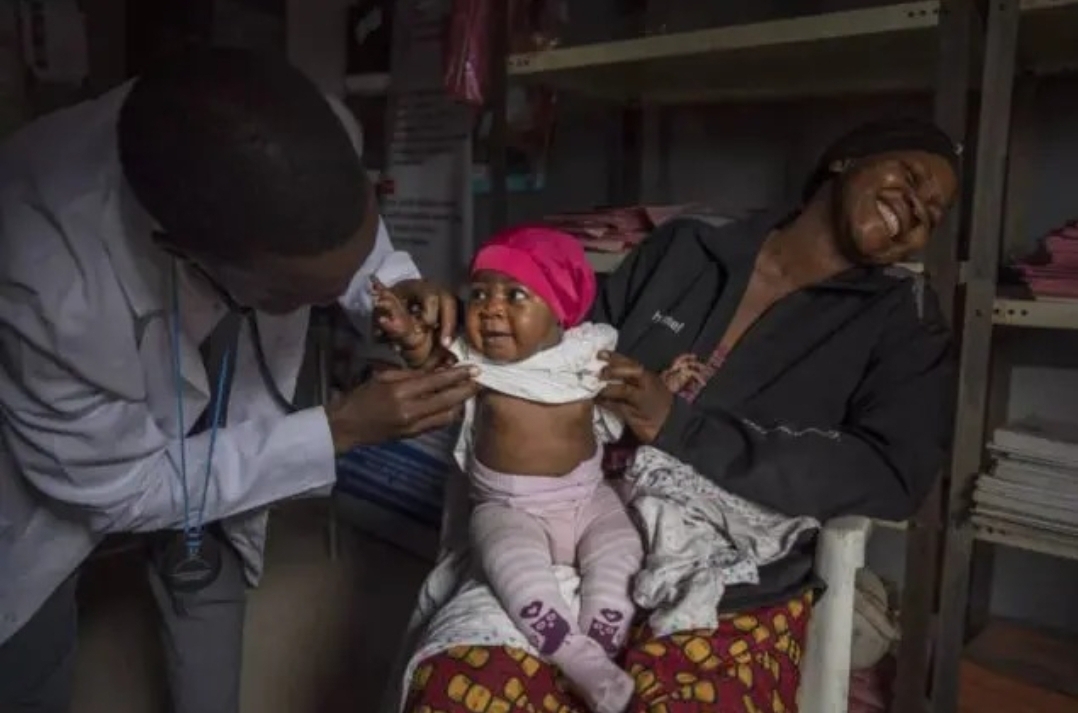Pneumonia remains top infectious killer of children globally, UNICEF calls for urgent measures

The United Nations International Children’s Emergency Fund (UNICEF) has issued a stark reminder of the devastating impact of pneumonia, labeling it as the leading infectious killer of children worldwide. According to UNICEF, this preventable disease claims over 725,000 young lives each year, including around 190,000 newborns who are particularly vulnerable.
“Every 43 seconds, at least one child dies from pneumonia. All these deaths are preventable. It is inexcusable that thousands of children are unable to access the essential health services and treatments that can prevent pneumonia and save their lives,” UNICEF said. The organization stressed in a recent publication the urgent need for global action to eliminate preventable child deaths caused by pneumonia, calling for enhanced healthcare services to protect vulnerable children.
To tackle this crisis, UNICEF advocates for strengthened routine immunization programs. UNICEF also underscores the importance of providing children with access to basic oxygen, a critical component for treating severe pneumonia cases. In many low-resource settings, access to oxygen is limited to high-level healthcare facilities, putting children’s lives at risk. The organization further highlights the need for investments in preventing and treating severe acute malnutrition, which is often associated with higher pneumonia mortality.
Pneumonia is a respiratory infection affecting the lungs, typically caused by bacteria, viruses, or fungi in the air. Symptoms include coughing, difficulty breathing, and fever. In severe cases, children may experience rapid or labored breathing, and their lower chest may retract during inhalation. Transmission can occur through airborne particles, such as those from a cough or sneeze, and through other fluids, including blood during childbirth.
In regions with limited access to diagnostic equipment, health workers may diagnose pneumonia by counting a child’s breaths per minute and observing for abnormal breathing patterns. Infections caused by bacteria, which account for many pneumonia cases in developing countries, are generally treatable with affordable antibiotics. However, children with severe pneumonia often require supplemental oxygen, which can be life-saving but is often unavailable in low-income settings.
Child pneumonia deaths are most concentrated in the poorest regions, notably in sub-Saharan Africa and Asia, where deprived and neglected children face the greatest risk. UNICEF’s call to action is a global appeal to prevent these unnecessary deaths by investing in health systems and ensuring children everywhere have access to life-saving interventions.




